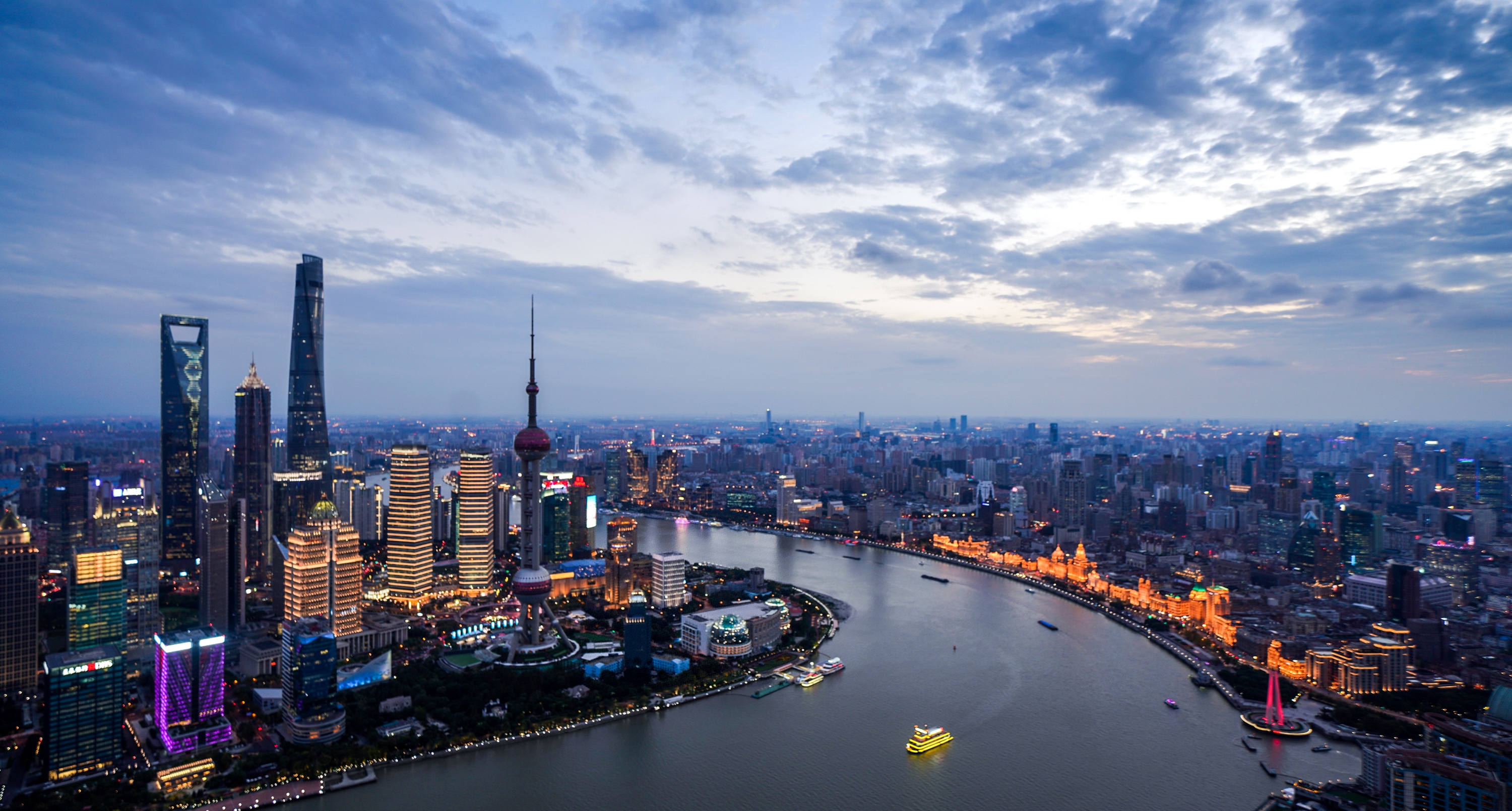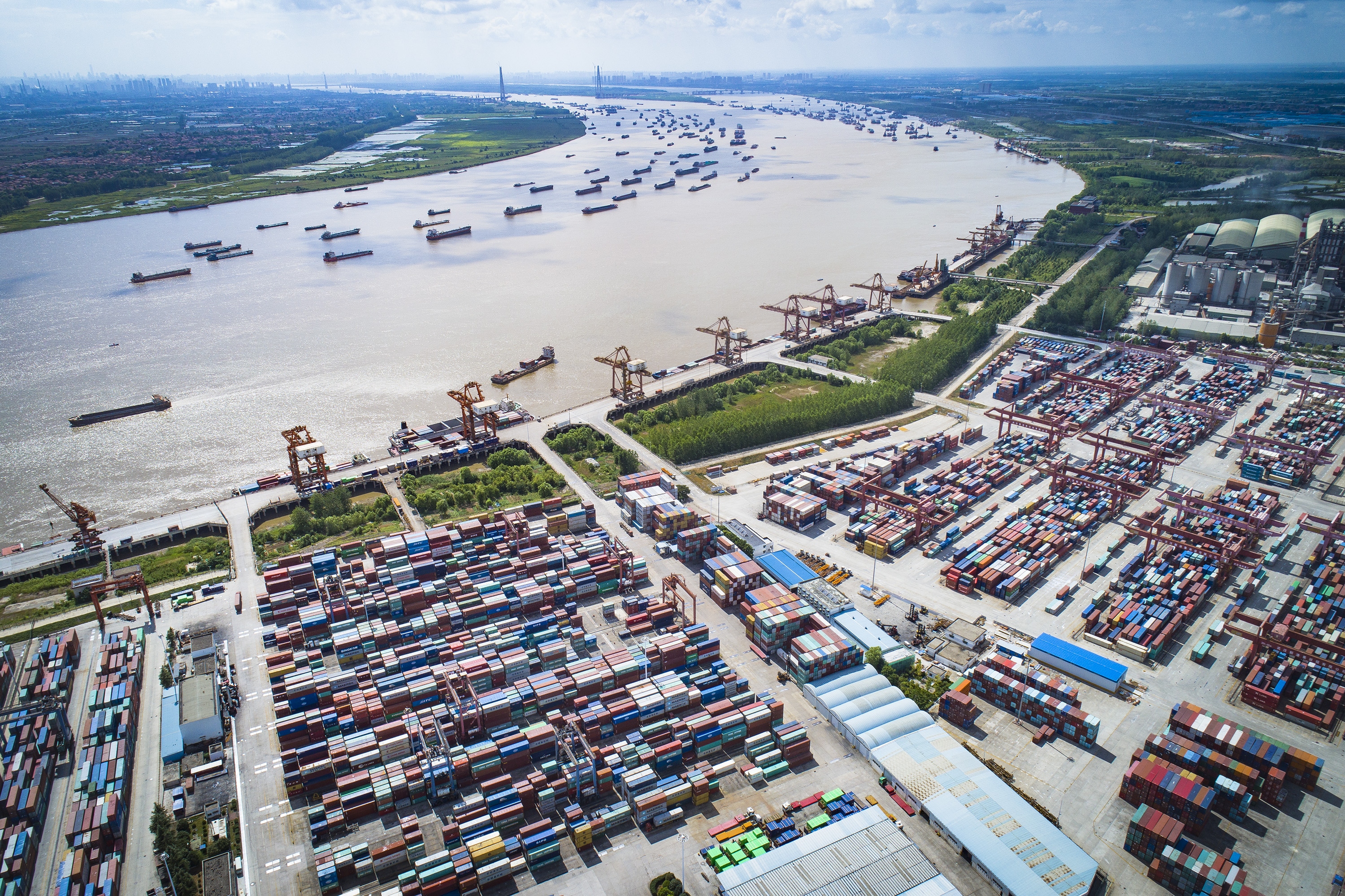How China succeeds in its 70 years of development
- By He Shuquan
 0 Comment(s)
0 Comment(s) Print
Print E-mail China.org.cn, September 5, 2019
E-mail China.org.cn, September 5, 2019

The world has witnessed China's dramatic economic growth and social development since 1949. Its economy has continued to expand and China has substantially increased its comprehensive national strength and raised its contribution to world economic growth. China has also vigorously promoted the development of various social undertakings, enhanced its public cultural services, improved its medical and health system, and strengthened its commitment toward environmental protection.
The numbers speak clearly for themselves. In 1952, the country's GDP was only 67.9 billion yuan and its per capita GDP was only 119 yuan. Before its reform and opening up, China's GDP in 1978 had increased to 367.9 billion yuan, accounting for only 1.8% of the world economy, and ranking 11th in the world. In 2018, China's GDP stood at 90 trillion yuan, accounting for nearly 16% of the world economy, which was 175 times higher than that in 1952, and had an average annual growth rate of 8.1%.
What has transformed China from a poor country to an economic success and helped it to pull millions of its people out of poverty? One major explanation is reform and opening up to the world through the introduction of the market economy system, modern technology and management.
However, one still cannot explain why many other nations in Africa, South America and South Asia, or even the BRICS countries failed with their reform and open policy. For example, China's GDP was over $13 trillion in 2018, whilst India's was $2.7 trillion, just under a fifth of China's. Examining the past experiences of seven decades, one would not be surprised to find the reasons, which lie in the determination and implementation of the reform and opening up policy: continuous innovation, endless reform and opening up.
"Crossing the river by touching the stones" is the vivid expression for China's reform and opening up experience, which implies that China is not simply following the reform and opening up model of other nations. China adopts its own gradual approach to its reform and opening up to the world, which began from its rural regions and agriculture sector.
What separates developed and developing countries is as much a gap in knowledge as a gap in resources. China became aware of this and invested heavily in education, promoted institutional innovation and learning, engagement in trade and foreign investment, and listened to the lessons and experiences of others.
Specific institutional innovations also contributed to China's success. Such institutions were not seen in other countries. For instance, the individual responsibility system in agriculture provided strong incentives for farmers to improve their agriculture production; the dual pricing regime helped facilitate the transition from a central planned price to market prices; and balanced industrial policies identified priority sectors, but did not exclusively focus on them.

Due largely to the reforms and opening up that had unique Chinese characteristics, the past 70 years have seen great achievement. The conditions for agricultural production has continued to improve and the comprehensive production capacity has increased rapidly. China's industrial system has also gradually improved, and the output of many of its industrial products now ranks first in the world. Its service industry is also booming and its ability to meet production and living needs is constantly improving. The status of China's basic industry has been continuously consolidated, its energy supply capacity has been steadily improved, and the pace of infrastructure improvements has been accelerated, all of which have been providing a solid foundation for sustained economic and social development.
Meanwhile, China has steadily implemented its regional development strategy and a new pattern of integration of the economic and social development in urban and rural areas has been gradually formed. China has shifted from a closed and semi-closed country to a full-scale open country with international cooperation and has made numerous achievements in economic and trade exchanges. Its free trade zones, the Belt and Road Initiative, the international import expo, the ambitious plan to build Shenzhen into a global benchmark city, etc. are all big steps to further integrate China into the world and contribute to global development.
In a word, innovation and the never-ending reform and opening up explain China's spectacular rise and will continue to contribute to its further success as it seeks to fulfill the Chinese Dream.
He Shuquan is a professor from School of Economics, Shanghai University.
Opinion articles reflect the views of their authors only, not necessarily those of China.org.cn.
If you would like to contribute, please contact us at opinion@china.org.cn.





